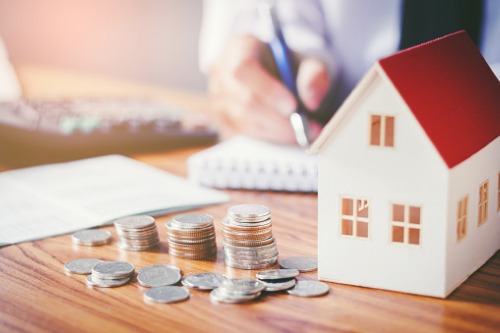But it could take 3 times as long in the most expensive markets

Homebuyers need to be patient to buy a home if they want to put 20% down according to a new report.
The 2019 Home Affordability Report from co-investment firm Unison found that nationwide, a median income earner buying a median priced home would have to save for 14 years to have a 20% down payment.
But in the most expensive markets, potential first-time buyers will have an even longer wait of up to 43 years in the case of Los Angeles.
Those in Boston (30 years), San Jose and San Diego (31), Miami and Manhattan (36), and Honolulu and San Francisco (40) may also be in their 50s by the time they can afford to buy.
“The way things are going, an entire generation of Americans may be approaching retirement before they can securely own a home or be forced to take on more risk than they can reasonably afford in order to realize their dream of homeownership," said Unison CEO Thomas Sponholtz. "This is a societal and economic problem that impacts all income levels and can only be addressed through massive infrastructure investments and rapid adoption of smarter and safer non-debt-based finance and homeownership solutions."
The report assumes a 20% down payment and a 4.54% mortgage interest rate. Figures are based on a formula in which monthly payments don’t exceed 30% of a homebuyer’s gross income.
San Francisco most expensive
While LA would take the longest time to save a 20% down payment, San Francisco is the most expensive city to buy a home in the US with a median home value topping $1 million.
A San Francisco resident faces a monthly mortgage payment of $5,052, requiring annual income over $200,000. From 2017 to 2018, median incomes grew more quickly than median home values, cutting the number of years it takes to save for a down payment from 42 to 40. But the income needed to support the typical monthly payment still makes San Francisco prohibitively expensive for most.
Unison believes it has the solution to home financing by partnering with institutional investors to offer homeowners and prospective homebuyers debt-free access to cash for the chance to share in a portion of their home's change in value – up or down.
"Home co-investing is a non-debt alternative that should have always been available to homebuyers and homeowners at all income and home price levels. It enables people to buy their home in balance with their financial reality, risk tolerance, and life goals," Sponholtz said.



